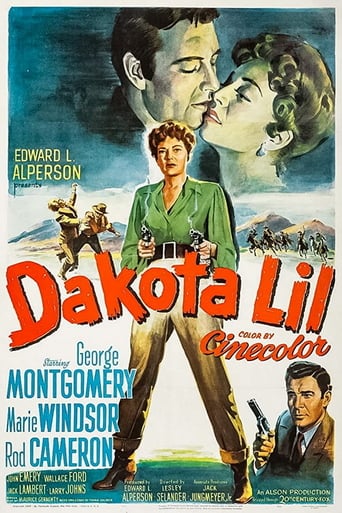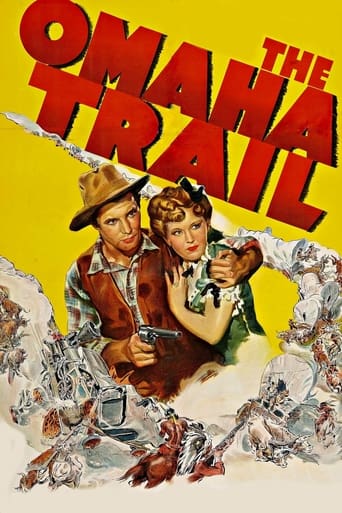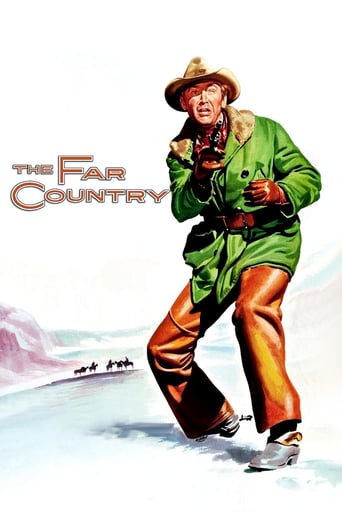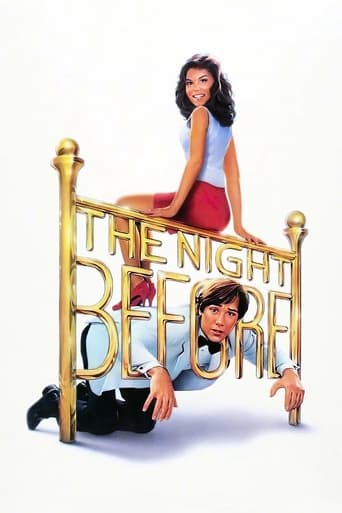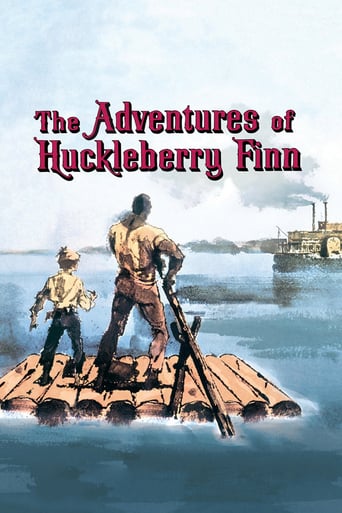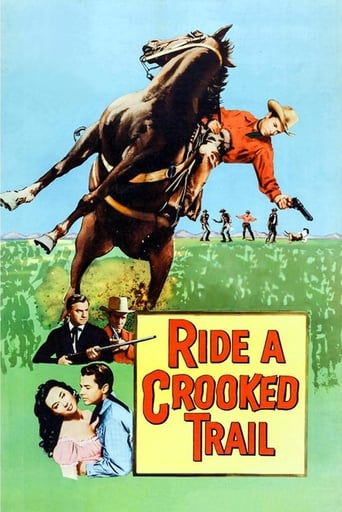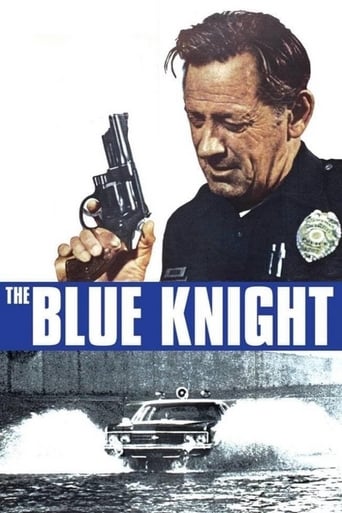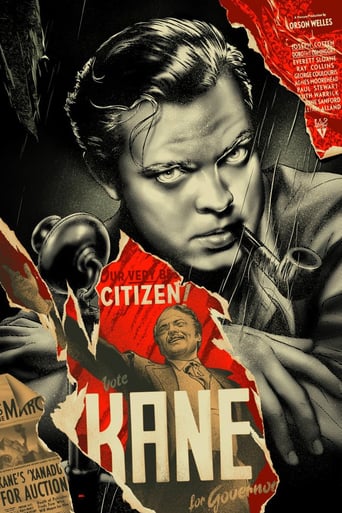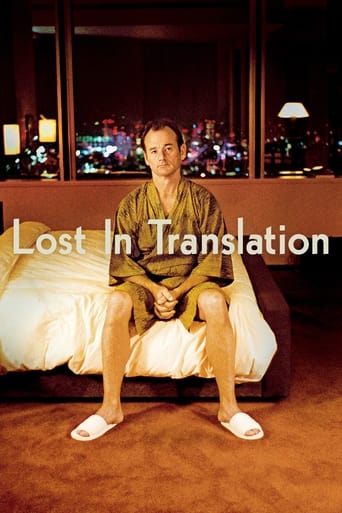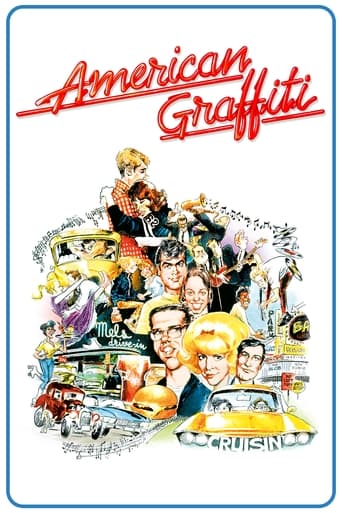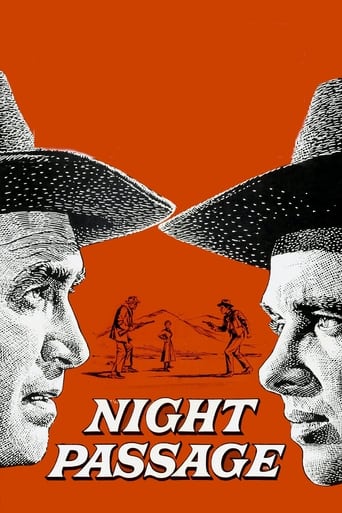


Night Passage
Grant MacLaine, a former railroad troubleshooter, lost his job after letting his outlaw brother, the Utica Kid, escape. After spending five years wandering the west and earning his living playing the accordion, he is given a second chance by his former boss.
-
- Cast:
- James Stewart , Audie Murphy , Dan Duryea , Dianne Foster , Elaine Stewart , Brandon De Wilde , Jay C. Flippen


Similar titles
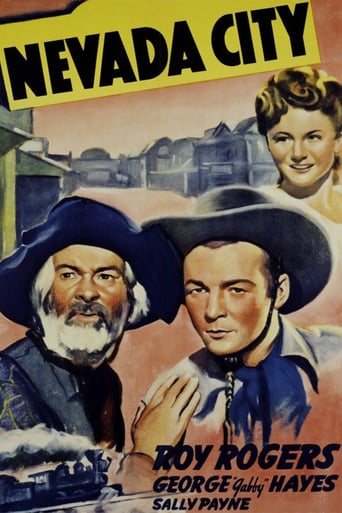
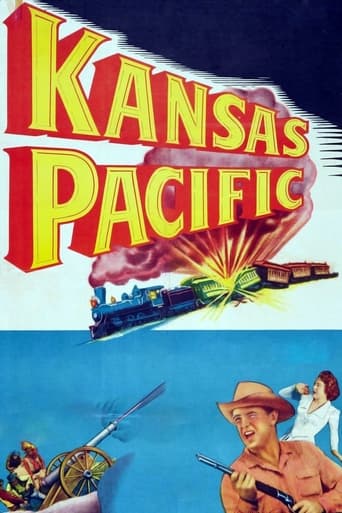
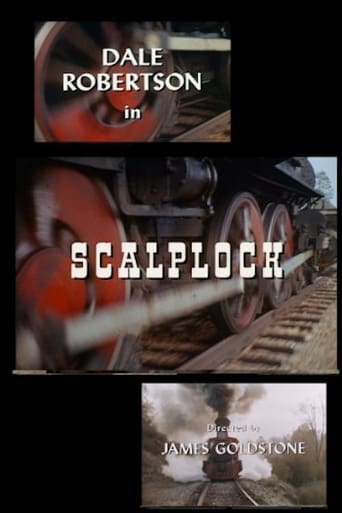
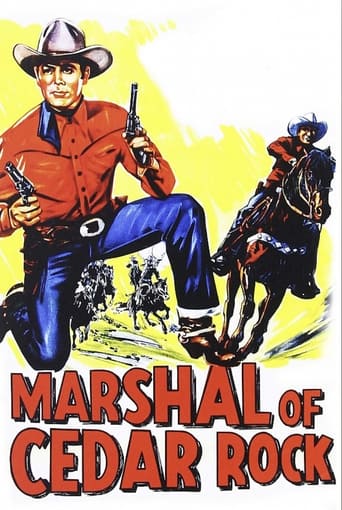
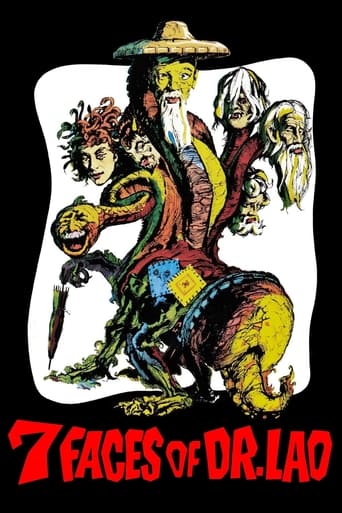
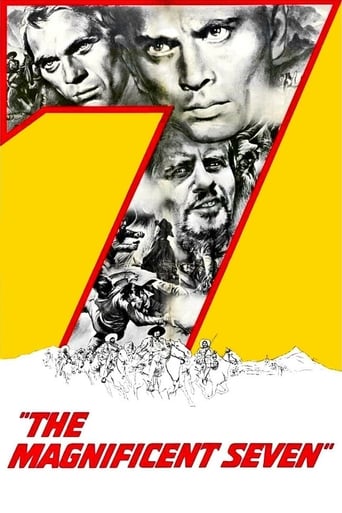
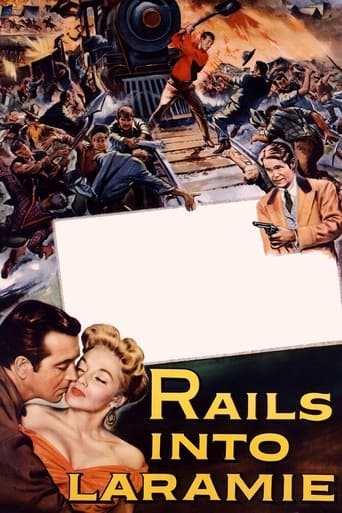
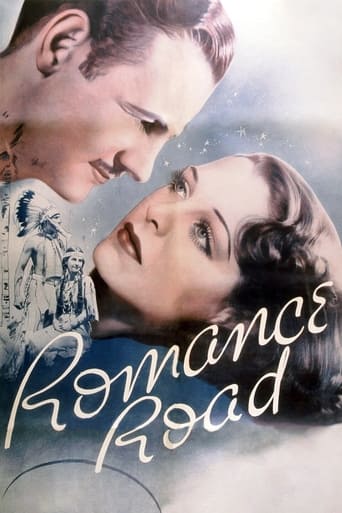
Reviews
hyped garbage
Very interesting film. Was caught on the premise when seeing the trailer but unsure as to what the outcome would be for the showing. As it turns out, it was a very good film.
if their story seems completely bonkers, almost like a feverish work of fiction, you ain't heard nothing yet.
Mostly, the movie is committed to the value of a good time.
Apparently no less a director than Anthony Mann left this project after the star, James Stewart, insisted on including accordion playing as part of his main character or perhaps of views he held about the script. The helm was instead taken eventually by James Neilson, most of whose career was spent in television. The film itself, together perhaps with Two Rode Together (1961), is seen as something of disappointment when seen alongside other great Stewart westerns of the 50's.Stewart plays a disgraced railroad man, reduced to playing music for nickels and dimes to help ends meet, until he is called back into action by his old boss to help solve some robberies. Chief among the suspects are his younger brother, The Utica Kid (Audie Murphy) now embroiled with an outlaw gang led by the unbalanced Whitey (Dan Duryea). Despite the variable reputation of this film I thoroughly enjoyed it, not least because of the plotting by Borden Chase and the excellent and large supporting case which also included Jack Elam, Paul Fix, Dianne Foster and Jay C Flippen. There's a part too for a now slightly older Brandon de Wilde, most famous for his role as the hero-worshiping youngster in Shane. After watching Audie Murphy just previously in the disappointing, much lower budgeted late vehicle Apache Rifles (1964), suddenly with this film the range seemed aright again. Murphy does an excellent turn as the conflicted younger brother, holding his screen presence well against the as always excellent Stewart, who, by this time, works his central role effortlessly. In fact Murphy's characteristic, taciturn, screen persona actually does the other main co-star Duryea a disservice, by emphasising some scenery-chewing elsewhere by the actor no doubt intent on showing Whitey's instability.Stewart gets to play his beloved accordion three or four times - although it must be admitted that, by the time it gets burnt in the climactic confrontation, one grows little tired of hearing his repertoire of, mostly, 'You Won't Get Far Without the Railroad'. Most obviously, the longish opening Mclintock-esque scene, one suspects, was inserted principally to showcase Stewart's playing, although his charm always carries such musical longeurs along. Away from the star's turn, the otherwise excellent composer Dimitri Tiomkin is hard put to incorporate the music meaningfully into the rest of the score. With the cheerful and interruptive accordion one looks in vain too for the wheezing ominousness which marks out, say, Harmonica's instrumental playing in Once Upon a Time in the West (1969). Stewart's accordion does, however, play a final a part later in filling out an element of Murphy's moral character in what, one must admit, is a very effective, subtle scene. But overall it's a minor, idiosyncratic, element in a film which is still excellent viewing, a production taking full advantage of a big budget and good sized cast, and one thoroughly recommended. An obvious question remains: why is it called 'Night Passage' when there is hardly any day-for-night work, and no significant travel made in the dark?
My title summarizes the romantic aspect of this yarn in a nutshell. There are 2 lead women, both with tenuous connections with Stewart's character(Grant). One (Verna), with a past with Grant, is now married to the manager of a railroad(Ben Kimball), Stewart's former boss. Clearly, she still has feelings for Grant, who disowned her when she sided with the conclusion that Grant, who was supposed to be protecting trains from robbery, was actually working with 'The Utica Kid'(Audie Murphie) in a train robbery. Unbeknownst to others, The Kid is Grant's younger brother(also much shorter!), and he was simply helping him get away out of filial loyalty. It wasn't a good idea, as Grant hasn't been able to find a decent job in the 5 years since he was fired for this incident, relying on his accordion playing and singing for nickels and dimes to get by. Verna has pressured Kimball to rehire Stewart to personally carry the payroll for the railroad builders from junction City to the railhead, without getting robbed. The last 3 payrolls have been robbed by a gang headed by Whitey Harbin(Dan Duryea) and The Utica Kid, and the workers are ready to leave if they don't get paid soon.The plot is full of actual and potential divided loyalties, which makes for uncertain outcomes. The outlaw gang actually includes two 'loose cannons':The Utica Kid and Concho, who seem to have joined an established gang out of convenience. Whitey and The Kid are constantly putting each other down and disagreeing about strategy. Then , there is Joey a teen 'street urchin' with reason for loyalty to both The Kid and Grant in separate incidents, but is afraid of Whitey and Concho. Despite The Kid's clearly stated deep resentment of having been for ever unfavorably compared to his older brother, we recognize that filial loyalty just might induce him to aid grant in a showdown with the rest of the outlaws. Finally, there is 'Charlie'(Diane Foster), The Kid's girlfriend, who is also chummy with Grant. She is hoping The Kid will eventually change from his outlaw ways, but finally agrees with Grant that this is unlikely. She turns out to be the woman who refuses to leave Grant when he is in a desperate situation. The finale hints that probably she and Grant and Joey get together to make a family.The Utica Kid's actual given first name is Lee. Just as Gen. Lee eventually surrendered to Gen. Grant, Lee is slated by the plot formula to eventually lose out to Grant. Actually, his role in the plot formula is very similar to that of Rhonda Castle's, in Anthony Mann's previous "The Far Country", also starring Stewart, just as Charlie's role is very similar to that of Renee Vallon's in that film.The color photography, making use of the then new Technirama process, is great, with on locations mostly near Durango, CO and nearby NM. Why the film ended up with this title is unclear. The episode where most of the principles are together in the gang's hideout occurs at night. Strangely, soon after the various groups flee, we are in broad daylight as they continue to chase one another toward the mining mill, where the final showdown occurs.Until about the last 15 min., when the bullets begin to fly in earnest, the tone of the film is mostly relaxed, despite clear indications of multiple resentments. Audie spends much of his time smiling and confidently talking sassy to boss Whitey. Verna seems incredibly unconcerned about her abduction by the outlaws and is sometimes flirtatiously chummy with them, almost as if she were in on the kidnapping plan. Stewart periodically plays his accordion and sings to establish a relaxed mood. In addition to the "Follow the River" and "You Can't Get Far without a Railroad" numbers composed for the film, he initially plays the traditional "Sweet Betsy From Pike". At his initial meeting with the rail workers and their women folk, they dance to his music before animosity between the wives and camp followers breaks out and spreads to the men. This results in a half serious-half slapstick general brawl, of the sort we might expect in a John Ford western.Yes, somethings don't make much sense. How did Grant, after getting punched off the train, know how to get to the outlaw's hideout? What was the connection between the hideout and the mining mill some miles away, and how did the outlaws know Grant was heading there? Why did Joey never open his shoe box to eat the included omelet? Why did Grant finally tell The Kid where the money was? How did Grant know there was an escape tunnel under the hideout floor? The most dramatic moment is when Joey, who is riding with The Kid, has to decide whether to ride off with The Kid and the money, or try to help Grant in his gun battle with the rest of the outlaws, who think Grant has the money. Joey decides to try to join Grant. Then, we see The Kid level his gun apparently at Joey and Grant.In the battle between Stewart and Mann over control of this film, clearly Stewart won. His character and, in fact, the whole tone of the film was, by and large, more laconic than Mann would likely have dictated, while the ending is just as dramatic.
This is a good western, though it lacks the atmosphere and pace Anthony Mann (originally slated to direct) would have brought to it. Then again, there was a reason he didn't direct it. (He walked at the 11th hour, causing a rift between him and Stewart, who was getting a percentage of the profits.)The film, to me, has a kind of deadness at the center. I don't think it really has a stylistic concept, a way of telling this particular story that would make it intriguing. Even with a flawed concept, the original director might have given it all a unity, purpose, or vision. This is just filmed in a workmanlike fashion. We seem never to get inside the story.In a way, this is the Stewart-Mann-Borden Chase formula re-worked one too many times. There are elements here from all the previous westerns, and it had to get tired, eventually. James Stewart is beginning to look old and wiry, rather than the young-middle-aged leading man. That's okay but it's not in keeping with the plot. Dan Duryea is here, playing almost the same psycho he played in Winchester 73. The good brother/bad brother theme is back, too. Supposedly, one of the attractions of the film for James Stewart was that he got to play the accordion and sing; in a rather unbelievable story point, he plays a man who entertains the railroad people. The cast is quite good, overall, and it must have seemed a good idea to Universal, at the time, to have not merely a James Stewart western, or an Audie Murphy western, but a Stewart-Murphy western. Shame it was just okay, not great.I enjoyed Olive Carey in her scenes with Stewart, and the location.
This was supposed to be another in a series of 1950s Western collaborations between Stewart and director Anthony Mann but the latter bowed out because he apparently did not like Murphy. Even with Neilson taking the director's chair, this film is on par with the other Stewart-Mann Westerns, all tough and well-made but nothing spectacular. Stewart plays the accordion and sings (!) a couple of songs. Despite Mann's objections, Murphy does alright as Stewart's outlaw brother while Duryea goes a bit overboard as a loud outlaw. As in "Shane," De Wilde plays a character named "Joey." The scenery is nice and at 90 minutes, the film does not outstay its welcome.

